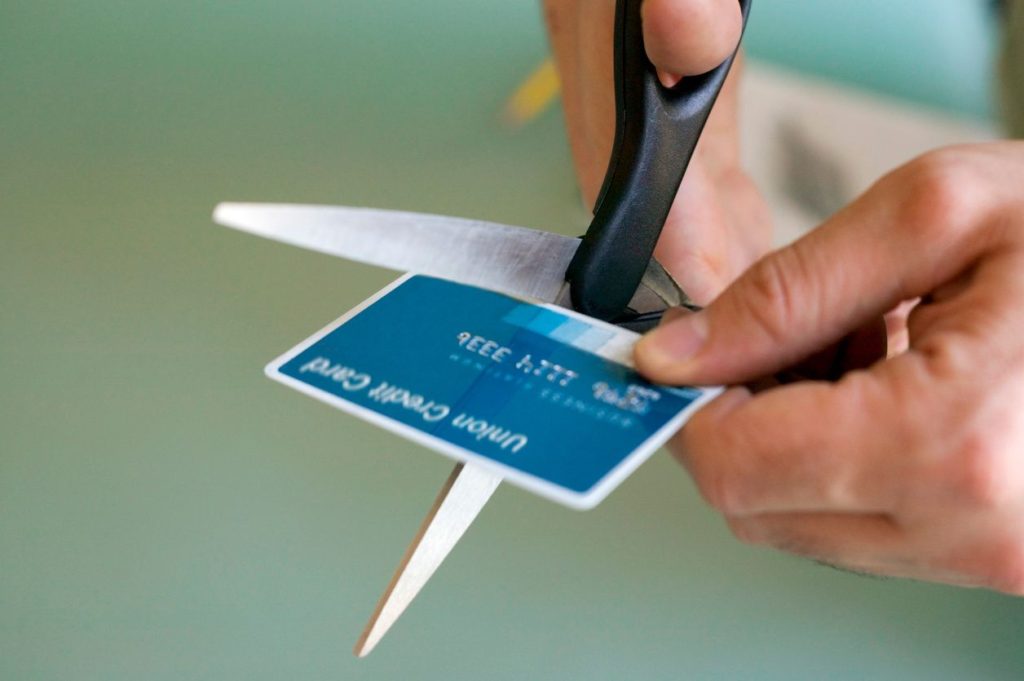This post is sponsored by Diamondlinks. Any opinions expressed are my own.
Summer vacation can be a big expense but sometimes you just need to get away. Summer vacations are possible if you plan far enough ahead. Maybe you only go every other year and save up. Here are several ways to budget for your family vacation

5 Ways To Save Up For Summer Vacation:
- Jar/Piggy Bank or “rainy day” fund
- Online Piggy Bank or Savings Account
- Vacation Clubs
- Erasing Debt you already have to free up spendable cash
- Envelope System
Each one is explained in this article
The Jar/Piggy Bank Method
Some people refer to it as the “rainy day” fund too. For our last vacation I used this method. Loose change, dollar bills from your coat pocket, $5, $10, or $20 a paycheck adds up, especially if you plan far enough in advance. I ended up just shy of my goal but I purposely over-estimated my goal.
I just a clear glass jar (pickles jars work well or larger coconut oil jars) I prefer a far because you can visually see the money growing in your jar.
Why this works?
In an age where we don’t have to carry cash as much it’s easy to pull out the debit card or credit card and swipe, swipe, swipe. For some, it can be hard to keep track of or easy to spend. Having a goal gives motivation while having it in a jar at home makes it harder to spend when you see that pair of shoes you know would be great for vacation.

Online Piggy Bank or Savings
There are sites out there now that offer fee free savings and even give you decent interest rates on your savings. One of those sites is SmartyPig. I’m currently using this one for our vacation next year.
Smarty Pig is partnered with SallieMae. It touts itself as an online piggy bank. Set a financial goal then add a funding source. It could be a savings or checking account. Then choose your investment frequency. You can choose monthly or biweekly. You also can currently earn 1.75% interest.
Why this works
This is a great way to save without really thinking about it. You don’t even have to leave your house. It can be setup and handled through the comfort of your own home. Partnered with SallieMae and earning interest adds more bonuses.
Vacation Clubs
Many local banks have a vacation clubs or holiday clubs that can be used for the holidays or vacation. Check with your local bank to see how your bank handles their clubs. Some of offer interest rates, different deposit times, etc.
Why this works
Vacation Clubs are another way to save without having to really think about it. Set it and forget it until the money is deposited into your main account and ready to use for vacation. All while having the peace of mind of your money being protected by a financial institution you trust.
Reducing Current Debt
Easier said than done, I know. It’s always a good idea to work toward paying off debt whether you’re planning a vacation or not. Money freed up means more money for savings, emergency expenses, and vacations. One way to consider for quick relief is a low interest debt consolidation.
Sites like Gladiator Lending offer low interest debt consolidation. It can help get your debt into one manageable payment and reset. This option is good for those living pay check to paycheck due to debt that can be paid off.
Another option is debt help books from debt gurus like Dave Ramsey and Suzy Orman. Dave Ramsey’s books helped me climb out of $30,000 worth of debt when I divorced my first husband. I’m happy to say every dollar of any joint debt associated with my first marriage is not paid off!
Why this works
For obvious reasons, this is a longer term solution to freeing up money. Not only will you help your credit by getting rid of debt but it can also lift some current burden from your shoulder to wear things like vacations or small trips can be a reality.

Envelope Systems
I’ve never done this one personally but I know plenty of people who do and swear by it. The basic idea of the envelope system for budgeting is that you have envelopes for household expenses: groceries, mortgage payment, phone bill, credit card payments, etc. You should also have an emergency envelope for things like unexpected car repair bills or medical bills.
You can also create an envelope for vacations or outings. Put in what you can afford each pay check even if it’s only $5 or $10. When your envelope reaches an amount to take the vacation you want, then go for it. If you have envelopes for things that can be paid off such as credit cards, as you get them paid off you can start allocating that money to savings and other envelopes including your vacation envelope.
Why it works
There’s a clear amount for each area. If you have a “dining out” envelope for example anyone in the house can look in the envelope and know if there is enough money to do eat out or not. Labeling or coloring-coding each envelope can help your spouse understand where money is going and how much.



